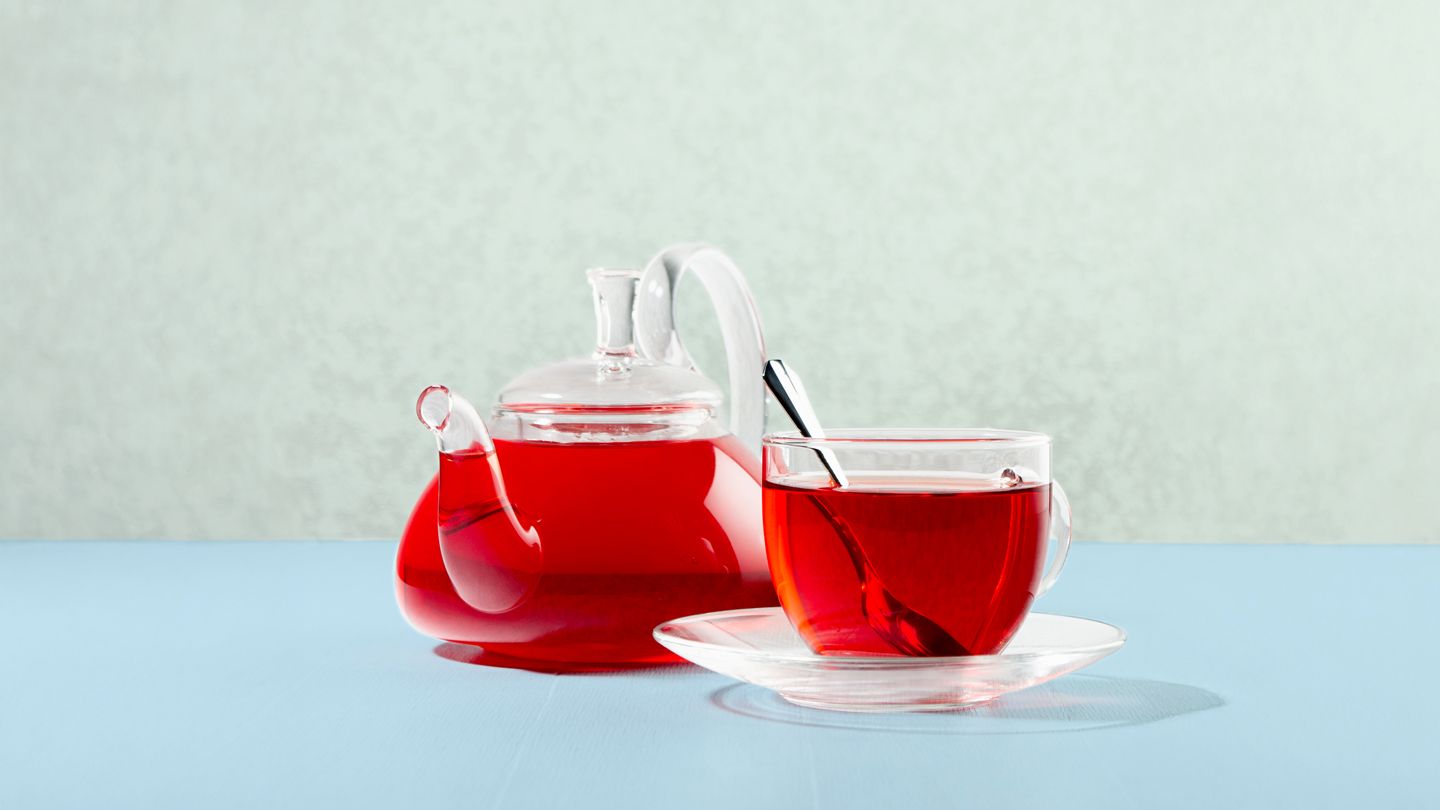Mangosteen is a distinctive tropical fruit native to Southeast Asia that features a hard, purple exterior and a white, segmented flesh. This fruit, along with the plant’s bark and roots, has been used for centuries to help treat inflammation, wounds, infections, and menstrual disorders, as well as support gastrointestinal and immune health, according to PeerJ Life and Environment. While research in humans on the health benefits of mangosteen is limited, the plant is rich in various compounds with health-promoting properties.
Mangosteen fruit can be consumed whole or made into tea. To make mangosteen tea, cut and steep the rind in boiling water. Alternatively, you can add mangosteen tea leaves to hot water. You may find fresh mangosteen at Asian or other specialty food markets, but in the United States, it’s more common to find dried mangosteen rind, mangosteen tea leaves, or canned or frozen mangosteen fruit.
Anticancer Properties
Mangosteen is a rich source of phytochemicals called xanthones, which display potential anticancer and antitumor activity in laboratory settings, according to Pharmacological Research. That said, mangosteen hasn’t been well evaluated in a human subject clinical trial as a potential anticancer therapy, and most available research explores the xanthone content of the mangosteen fruit as opposed to tea made from the fruit or its leaves.
Mangosteen also has the potential to interfere with certain cancer drugs, Memorial Sloan Kettering Cancer Center notes, underscoring the need for more quality human subject research.
Antimicrobial Properties
The xanthones in mangosteen may also exhibit antimicrobial capabilities, with limited, early research highlighting the use of mangosteen extracts to treat a range of bacterial infections. What’s more, it may be effective against some drug-resistant pathogens, and it seems to work synergistically with some synthetic antibiotic medications. The success of these applications, however, depends on the dose of mangosteen extract used, and it’s unclear whether mangosteen tea could provide similar benefits as mangosteen extracts used in these studies.
Antidiabetic Properties
Xanthones in the mangosteen plant may help support healthy blood glucose management, according to Biomedicine & Pharmacotherapy, and may improve insulin sensitivity in people with type 2 diabetes as well, notes PeerJ Life and Environment. More clinical research is needed to further explore these potential benefits as it relates to the future development of diabetes treatment options.
Antioxidant Activity
The rind of the mangosteen fruit, which is often used to make mangosteen tea, exhibits strong antioxidant activity, too, PeerJ Life and Environment reports. Researchers continue to explore the various ways it may help protect the body from damage and support disease prevention. Myriad chronic and degenerative health conditions are linked to oxidative stress, including Alzheimer’s disease, cardiovascular disease, and kidney disease, according to the Cleveland Clinic.
Dental and Oral Health
Thanks to its anti-inflammatory activity, mangosteen extract may also have therapeutic effects on gingivitis, per Nutrients, and periodontitis, according to Dental and Medical Problems, both of which are common types of gum inflammation that negatively impacts dental and oral health. However, it’s unclear whether mangosteen tea can provide similar anti-inflammatory benefits when sipped as the mangosteen extracts applied orally in these studies.
A Word of Caution
Mangosteen fruit and tea are generally considered safe with minimal risk of side effects. However, there isn’t enough human subject research to clarify mangosteen’s health effects or benefits, including any risks of taking large doses of mangosteen supplements. Mangosteen also has the potential to interact with certain medicines, although it’s unclear whether the amounts of active compounds in mangosteen tea specifically may have a similar effect.
If you’re under a doctor’s care for any medical condition, or if you take any prescription medications, talk to your healthcare provider about the benefits and risks of using mangosteen supplements or drinking large amounts of mangosteen tea.
Read the full article here




